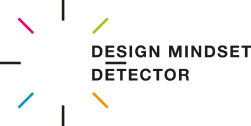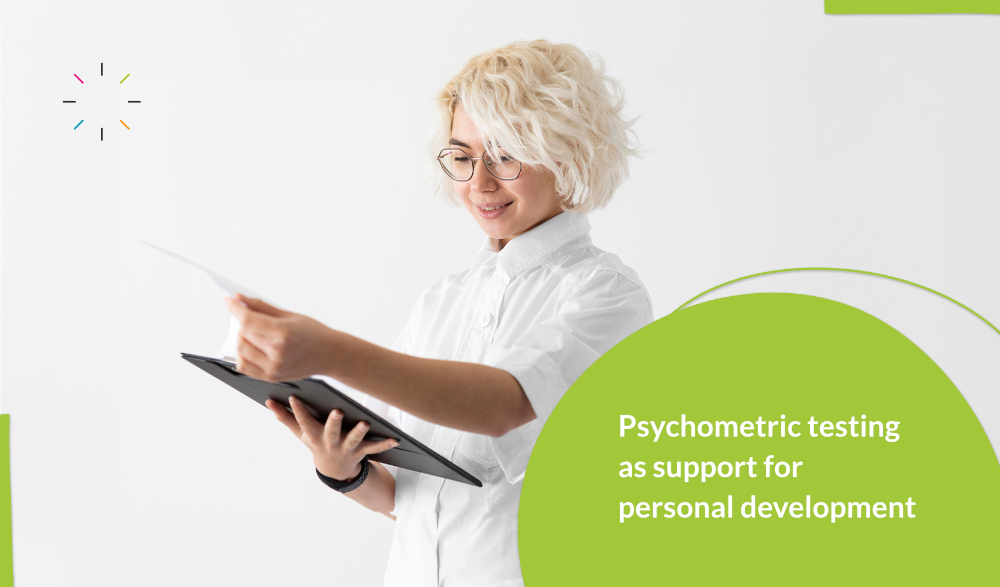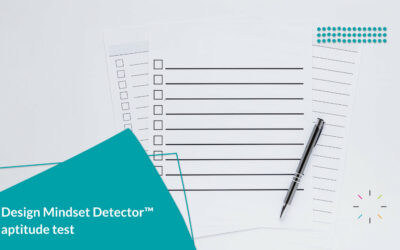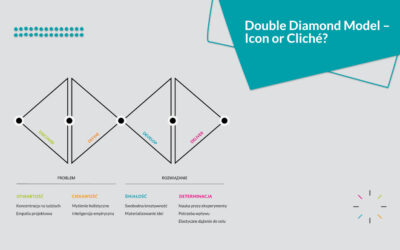Psychometric tests have long served as valuable tools for analyzing and understanding various aspects of human behavior, including intelligence, personality, motivation, and abilities. In the context of personal development, they offer unique opportunities to gain deep insights into one’s psyche and capabilities, forming the foundation for purposeful shaping of one’s developmental path.
Quick Links
- Introduction to Psychometric Tests
- Importance and Examples of Psychometric Tests in Personal Development
- Practical Use of Psychometric Test Results
Personal development is a journey where the main goal is to understand oneself, one’s values, skills, and aspirations. Psychometric tests can serve as a compass, helping us discover where we are, our strengths, and the direction we should take to reach our full potential.
Introduction to Psychometric Tests
Psychometric tests are an essential part of self-reflection and self-awareness, which are key in the path of personal development. Before delving into a detailed discussion of these tools, it is important to understand what they are and how they work.
What are Psychometric Tests?
Psychometric tests are designed to measure various aspects of human psyche. They can encompass various areas such as personality, intellectual abilities, skills, attitudes, and values. These tests are developed based on scientific principles and psychological theories, allowing for objective interpretation.
Why are Psychometric Tests Important in Personal Development?
Understanding oneself is crucial in the personal development process. Psychometric tests provide valuable information about our unique traits and abilities, helping us better understand our strengths, weaknesses, and predispositions to certain fields and tasks. This knowledge can help us make informed decisions about our developmental path and the direction we want to pursue.
Read also: Personal Development – Where to Start?
How Do Psychometric Tests Work?
Psychometric tests typically involve completing a series of questions or tasks that are then evaluated according to specific criteria. In personality tests, questions may concern our preferences, behaviors, or reactions in various situations. In ability tests, tasks might assess problem-solving skills, logical thinking, or creativity. Results are then interpreted in the context of norms and average values for a given population. It is important to remember that psychometric tests are not “tests with correct answers” – their goal is to understand the unique characteristics of each person.
Importance and Examples of Psychometric Tests in Personal Development
Psychometric tests are a crucial tool in self-reflection and self-awareness, which are essential components of effective personal development. Using psychometric tests helps identify key areas that may require further development, as well as better understand our natural predispositions and talents. Below are three types of psychometric tests that can be used in personal development:
- Personality Tests: These tests identify traits, preferences, and personality tendencies that can influence our work style, interpersonal relationships, and overall well-being.
- Ability and Skill Tests: These tests evaluate specific abilities and skills, such as logical reasoning, teamwork, or creativity. They are indispensable in identifying areas that may require further development.
- Predisposition Tests: These tests assess natural predispositions and talents, which can be extremely valuable in planning the direction of further development.
Psychometric tests are powerful tools that provide valuable information, enabling effective management of the personal development process. However, they are just one of many available tools, and ultimate success depends on the willingness to use this information and take action towards development.
Read also: Career Change – Where to Start?
Practical Use of Psychometric Test Results
The practical use of psychometric test results is a key element in the personal development process. When a person becomes aware of their strengths, weaknesses, preferences, and hidden abilities, they can define goals and strategies that will be most effective for their individual development.
In the context of personal development, psychometric test results can help choose the right career or education path, improve interpersonal relationships, and even better understand one’s emotions and reactions to various situations. For example, predisposition test results can indicate the areas where a person has natural talents, helping in the selection of a profession or specialization. Personality tests can help understand how a person communicates with others and what communication styles are most effective for them.
One of the key aspects of using psychometric test results is working with a coach or mentor who can help interpret the results and turn them into concrete action strategies. Without proper interpretation, test results can be difficult to understand and apply in practice. Therefore, in the personal development process, working with a professional can be invaluable support.
Want to check your predispositions for applying Design Thinking and further develop them? Check out our Design Mindset Detector™ test – Predisposition Test





